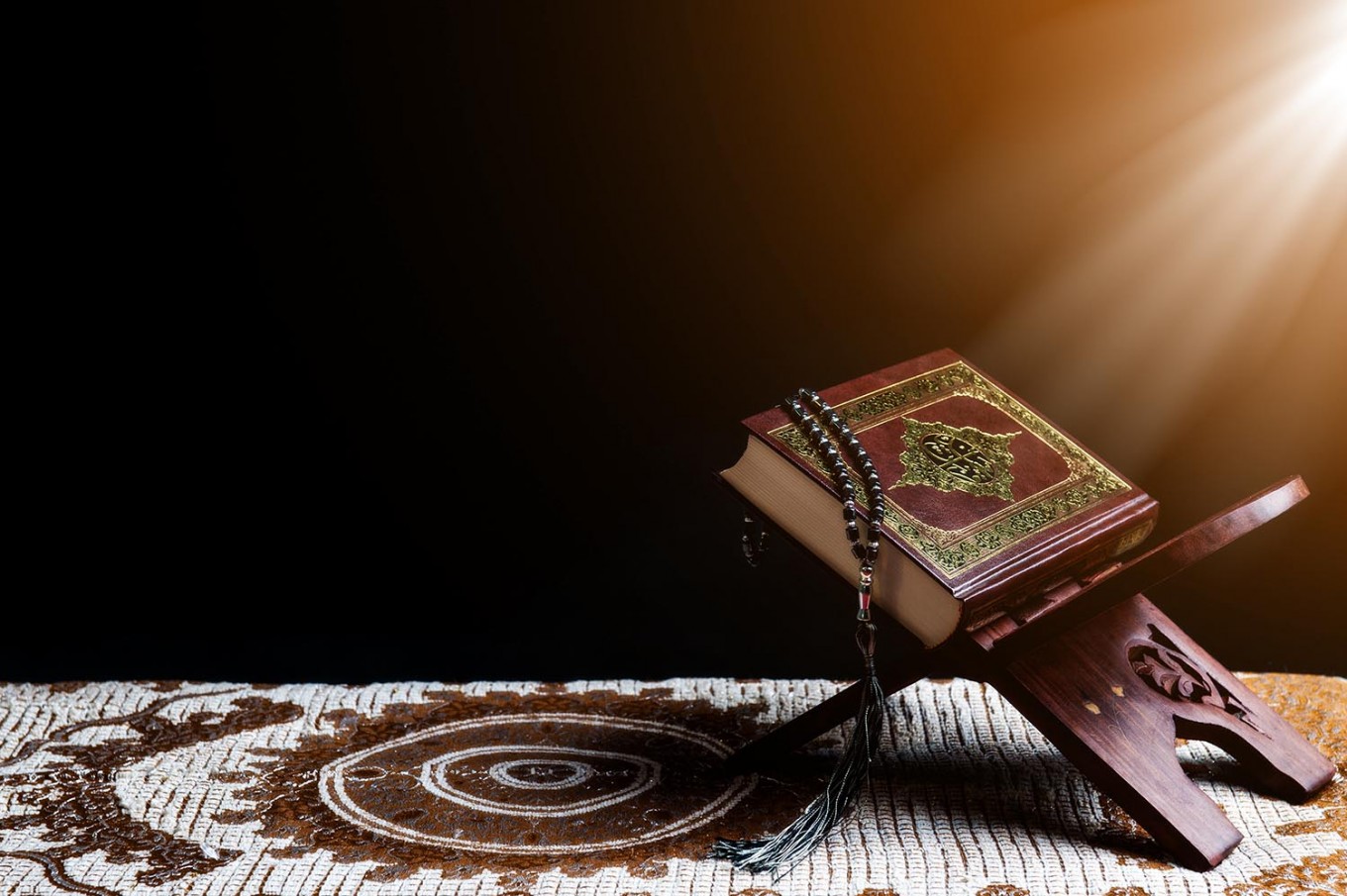Popular Reads
Top Results
Can't find what you're looking for?
View all search resultsPopular Reads
Top Results
Can't find what you're looking for?
View all search resultsBy the way: What’s in a word? Ramadan reflections
From my limited study of Islam, I know that the Angel Gabriel’s first words to Prophet Muhammad, the words that terrified the young man so much, were “Read, read!”
Change text size
Gift Premium Articles
to Anyone
I
always get a little reflective at this time of year. I like the quiet times of the fasting month, the early mornings after the predawn meal of sahur, the slow afternoons waiting for the sun to set.
This year my thoughts turned to the curious parallels between religion, science and philosophy.
I don’t pretend to be a theologian, but I did a little research, a little thinking, dragged on half-forgotten fragments from my undergraduate philosophy studies, memories of walks on the beach with my brother, of the music of creeks and the silence of mountains.
From my limited study of Islam, I know that the Angel Gabriel’s first words to Prophet Muhammad, the words that terrified the young man so much, were “Read, read!”
“Read in the name of the Lord, the creator, the one who created man from a clot of blood. Read and your Lord will be the most generous.”
These are the words that changed the Prophet Muhammad’s life and which began his time as a prophet. His initial reaction was to resist. “But I can’t read!” he said in the dark and stillness of a desert cave. Like most people at the time, Muhammad was illiterate.
The Arabic term iqro means to read. But it also means to recite, to learn, to understand, to interpret; to make sense of things. This is what he was being asked to do.
The Quran begins by telling us to read. And the Christian gospels that I grew up with begin by talking about the Word. John’s Gospel was written in Greek, the language of philosophy and scholarship. It opens with this passage: “In the beginning was the Word, and the Word was with God, and the Word was God”.
But the Greek term logos has a broad meaning, too. It means word, but it also means order, plan, principle and reason. Its multiple meanings would have been familiar to the Jewish thinkers and thought leaders for whom John wrote.
A thousand years before the Angel Gabriel first spoke to the Prophet Muhammad in Arabic, 500 years before Jesus was preaching in Aramaic, and 500 years before John and his friends wrote their stories in Greek; a philosopher called Heraclitus was doing his own thing in what was then a part of the Persian empire.
Heraclitus was looking for a rational explanation for creation; something different from the mythological explanations that had served people since the beginning. This is what the term logos was meant to invoke: science not religion. Heraclitus was the first of the pre-Socratic philosophers to use the term.
He was trying to make sense of the world, he was looking for underlying principles; for a basic element; for something that would explain both the meaning and cause of life, of death. He called it logos.
In those ancient days, philosophy, poetry and science were one and the same. The world, as Heraclitus saw it, was constantly changing. It sometimes looks stable, steady and sensible – but in reality it is in a constant state of flux. Nothing stays the same. “You can’t step into the same river twice,” he said to illustrate the point. And he thought of logos as the principle that explained this contradiction.
Logos made sense of the chaos, imposed order, turned ugliness into beauty, craziness into sanity. Logos was the principle that explained, and perhaps regulated, birth, decay and death. In this sense logos, the Word, was divine.
“Listen not to me but to the logos,” said Heraclitus, “it makes sense that all things are one”.
All of this ancient philosophy, this religion, the dawn of science, in the end, it is all about the same thing. It is about the making of meaning, making sense of a senseless world, imposing some kind of intellectual and moral order on a constantly changing, unknowable chaos.
This is what we are asked to do, this is the task of a life; to read, to observe, to reflect, to study, to reason, to research and to write, to make music or to paint or dance, to design, to build, to teach, to create, to love and be loved.
This is the task for every life, for all of us in one way or another, this is what gives us meaning, this is what makes life worthwhile, this what fills the void, and makes the days satisfying. [ste]











